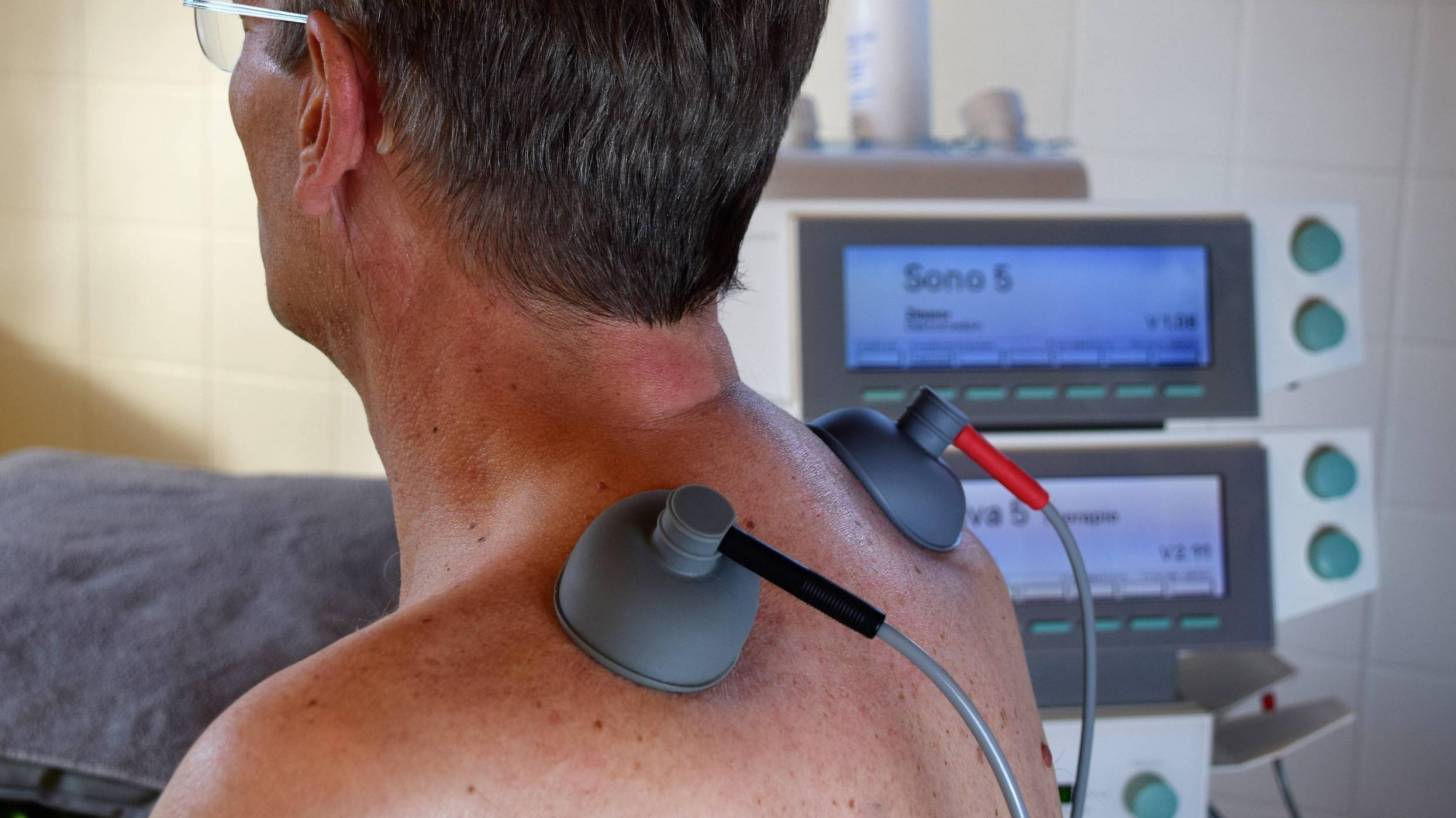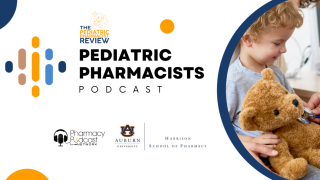Cancer Patients Confronted with Lessening Effective COVID-19 Vaccines

A new study published in the peer-review The Lancet Oncology has found that while COVID-19 vaccination is effective in most cancer patients, protection against infection, hospitalization, and death is less than in the general population.
And COVID-19 vaccine effectiveness wanes more quickly in certain cancer patients.
Dr. Lennard Lee, Department of Oncology, the University of Oxford who led the study, said in a press release issued on May 23, 2022, ‘We know that people with cancer have a higher risk of severe COVID-19 disease and that the immune response in cancer patients following COVID-19 vaccination is lower.”
“We have undertaken the largest real-world health system evaluation of COVID-19 in cancer patients globally.’
This study analyzed 377,194 individuals with active or recent cancer who had received two doses of a COVID-19 vaccine and had undergone a SARS-CoV-2 PCR test in England.
The numbers of breakthrough COVID-19 infections and COVID-19-associated hospitalizations and deaths in this cohort of cancer patients were compared to a control population without active or recent cancer.
The overall vaccine effectiveness against COVID-19 infection in the general population after two doses of a COVID-19 vaccine over the study period was 69.8%, whereas, in the cancer cohort, overall vaccine effectiveness was slightly lower (65.5%).
This indicates that COVID-19 vaccination is effective in most cancer patients.
However, vaccine effectiveness wanes more quickly in cancer patients.
At 3–6 months following the second vaccine dose, vaccine effectiveness reduced by nearly a third from 61.4% in the general population to 47.0% in the cancer cohort.
While the vaccine offers higher protection against COVID-19-associated hospitalization (83.3%) and death (93.4%) than against breakthrough infections in the cancer cohort, this protection also waned by 3–6 months following the second vaccine dose.
In the cancer cohort, vaccine effectiveness was higher in individuals (n=123,060) who had been vaccinated with two doses of BNT162b2 (72·1%, 95% CI 71·6–72·7) than in individuals (n=157,138) who had received two doses of ChAdOx1 nCov-19 (59·0%, 58·5–59·6).
Looking at the differences between people with different types of cancer, vaccine effectiveness is lowest and wanes most quickly in those with the blood cancers lymphoma and leukemia.
The type of treatment that people with cancer receive also impacts overall vaccine effectiveness and waning.
In cancer patients treated in the last 12 months with chemotherapy or radiotherapy, vaccine effectiveness is lower and waned more by 3–6 months than in cancer patients who did not receive these treatments or were treated more than a year ago.
Professor Peter Johnson, Professor of Medical Oncology, University of Southampton, commented: ‘This study shows that for some people with cancer, COVID-19 vaccination may give less effective and shorter-lasting protection.”
“This highlights the importance of vaccination booster programs and rapid access to COVID-19 treatments for people undergoing cancer treatments.”
This study was co-led by the Universities of Oxford, Birmingham, and Southampton and the UK Health Security Agency. The researchers did not disclose any industry conflicts of interest.
PrecisionVaccinations publishes fact-checked research-based vaccine news.
Our Trust Standards: Medical Advisory Committee
























